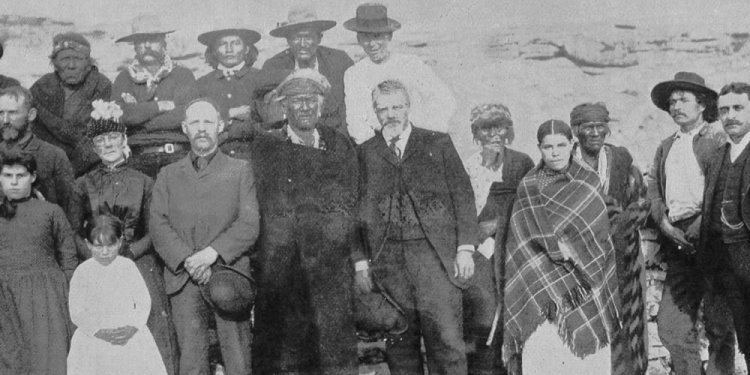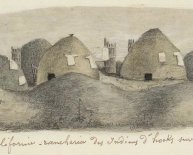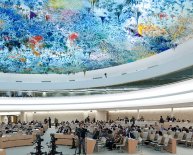
History of Indigenous Peoples
"Off-the-beaten-track" is, ironically, an extremely well-beaten path absorbed the hundreds of years by colonists, anthropologists, missionaries, developers, international help companies and World Bankers, environmentalists, in addition to ever-expanding tourism business. This industry, has become a sundry crew of tourists, thrill-seekers, adventurers, bird and whale watchers, activities lovers, cruise lines the dimensions of locations, designers of airports, resorts and worldwide communication methods, taking a trip scientists and academics, well-intentioned personal justice activists, and millions of other people. This well-worn path, once restricted to the wealthy or the resourceful academic, has already been deeply tracked to the most isolated areas on mother nature by progressively more outsiders.
Tourism frequently creates dispute and resentment with local peoples, specifically when the realities of its influence become clear. Samples of the negative impacts of tourism upon native individuals are numerous throughout record and continue mostly unabated these days. Beach accommodations have displaced the fishing communities that once lined the coasts of Penang, Malaysia and Phuket, Thailand. A Mohawk uprising in Canada ended up being brought about by plans to increase a golf course on to Mohawk burial grounds. Indigenous burial websites being desecrated by resorts in Hawai'i and Bali. When you look at the tropical jungles associated with Amazon insensitive tourism operators have actually interrupted religious ceremonies, as well as brought conditions like tuberculosis into native communities.
Inside Black Hills, the native Sioux work as low-wage laborers in a white-owned tourism industry that encourages their culture and places. In Thailand, Hill Tracts folks are seen just like real human zoo specimens by medication and adventure-seeking trekkers. Around the globe there was a plundering of archaeological sites and illegal trade-in wildlife and cultural items. For employees who once owned then worked the land, ones hotels now hardly pay them a living wage. Most are required into labor, such as Burma, to build hotel hotels by a government distinguished because of its punishment of peoples liberties. Native ladies, men, and children internationally tend to be exploited by the growing sex tourism business. Tourism produces international domination and dependency, polarization, environmental destruction, cultural alienation, as well as the lack of personal control and identification among number communities.

















